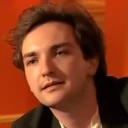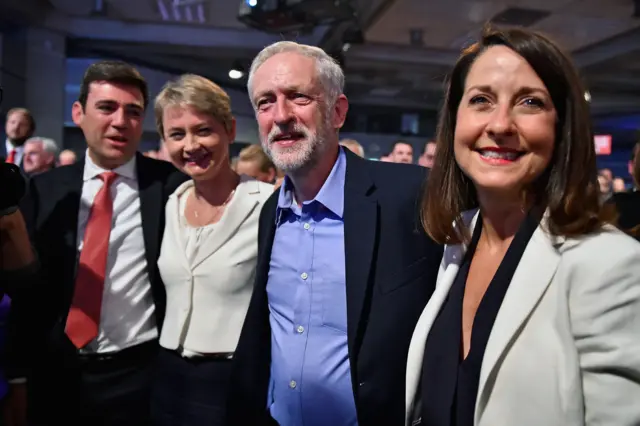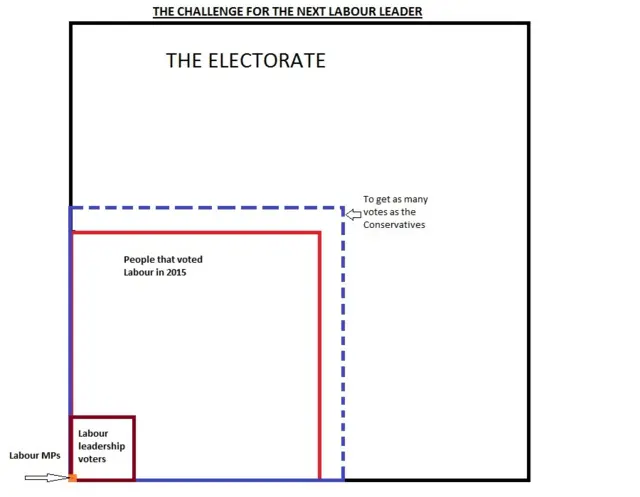This isn't 1983, this is uncharted territorypublished at 13:34
 Lewis Goodall
Lewis Goodall
Newsnight producer
Jeremy Corbyn is the most radical left wing leader the Labour party membership has elected in modern times.
Many cite Michael Foot. But as I wrote some months ago (when all this seemed but a distant prospect) Foot was an entirely different kettle of fish. He was elected only by Labour party MPs, not the membership at large. He was chosen by the PLP as the unity candidate, against the more abrasive Denis Healy, winning the support of 129 of his fellow Labour MPs as opposed to Healey's 119. Corbyn,, by contrast could barely rustle 35 nominations and only did so with a great deal of help from colleagues who had no intention of voting for him. Foot had been a distinguished cabinet minister, an insider, defending the Labour government of Jim Callaghan’s last stand, as Leader of the House in the 1979 no confidence debate. Up to now, Corbyn's most senior position had been as a member of the Social Security Select Committee. Foot came to fight the left and the left came to dislike him and nor was he a pacifist, supporting the Thatcher government in its prosecution of the Falklands War.
 Image source, Getty Images
Image source, Getty ImagesMoreover, it seems to me that the Left within the party membership and the trade union movement at large are far more powerful even than they were in the 1980s. After all, the last time a truly powerful figure of the left contested an election seriously was Tony Benn in 1981 for the deputy leadership election against Healey. Benn lost by the narrowest of margins, “half a hair on a half an eyebrow” as Healey later said. But lose he did, by 0.9%. The party which had been infiltrated at every level by the entryist left, had in fact voted (albeit by the narrowest of margins) for a man who had just a few years before inflicted a series of austerity budgets as Chancellor. Today, by contrast, the vast majority of the party (members old and new) voted for the most left wing candidate in modern times as their leader.
It’s fair to say that Jeremy Corbyn is the biggest outsider and the hitherto most marginal figure to be elected leader in the party’s history. In the postwar period he is doubtless the most leftist. The electoral schism in the Labour party is and has always been that you can’t run and win from the left. One way or another that dictum is about to be tested like never before.





